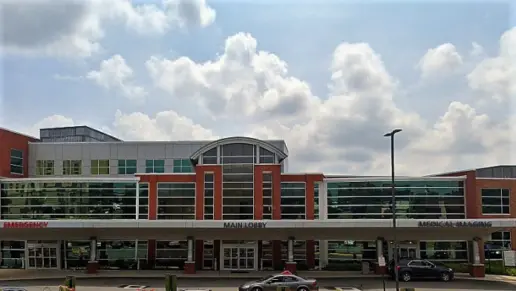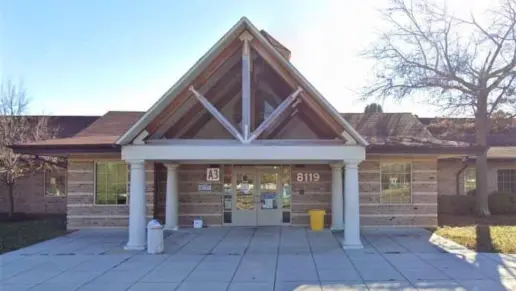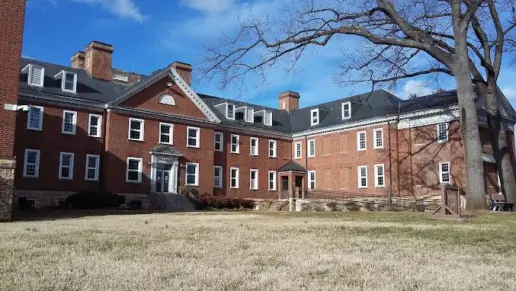About Pinnacle Treatment Services of Richmond
Pinnacle Treatment Services of Richmond is a substance abuse treatment center in Richmond, Virginia. Their mission is to help you feel whole again through a life without using substances. The facility is accredited by the Commission on Accreditation of Rehabilitation Facilities and the Virginia Association of Medication Assisted Recovery Programs.
The levels of care they can provide to you include methamphetamine withdrawal management, low intensity residential treatment, and partial hospitalization programs (PHP). They accept a variety of insurance plans including Medicare, Medicaid, and commercial plans.
Pinnacle understands that meth is a growing issue in the country, which is why they offer a specific program for methamphetamine withdrawal management. They offer tailored treatment, a peaceful and quiet setting to reduce agitation, a focus on nutrition and mental health, and an emphasis on sleep for physical recovery. They also use behavioral therapy and medication to support physical, mental, and emotional recovery.
One thing that stood out about this facility is their gender specific groups. Men or women may not feel comfortable talking about trauma that may have influenced their addiction to the opposite gender. Gender specific groups can allow clients to be more open with your challenges and discuss topics more tailored to their specific needs.
Along with evidence based treatments such as counseling, you’ll also be able to participate in holistic therapies like mindfulness, which can be effective in managing stress so you can be more likely to avoid using substances. You’ll also have access to expressive therapy like art, music, and journaling, which can be easier than putting things into words.
Richmond is known for its historic landmarks, such as the Edgar Allen Poe Museum and the Virginia State Capitol. You can also find time to enjoy their vibrant arts scene while you’re on the path to recovery. Finding ways to have fun without substance use is a key part of long term recovery, and Richmond makes it easy to get started!
Latest Reviews
Rehab Score
Gallery
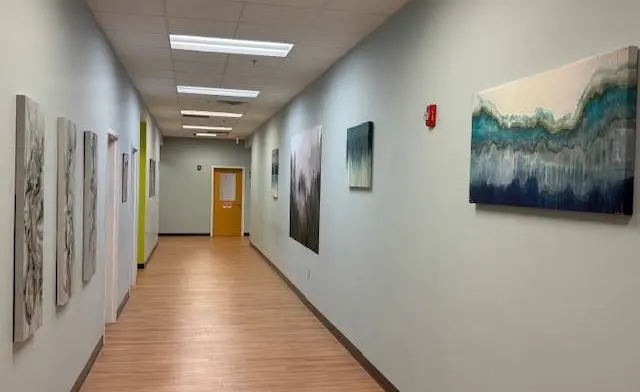
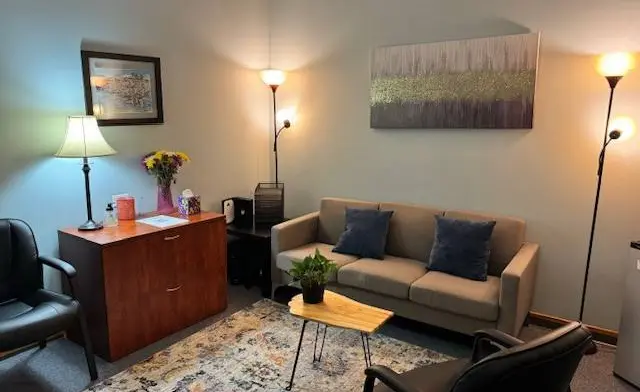
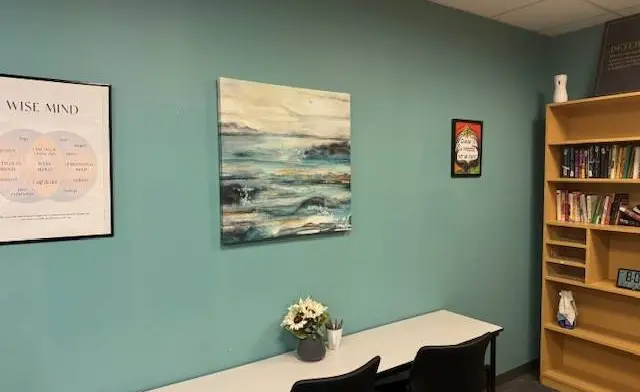
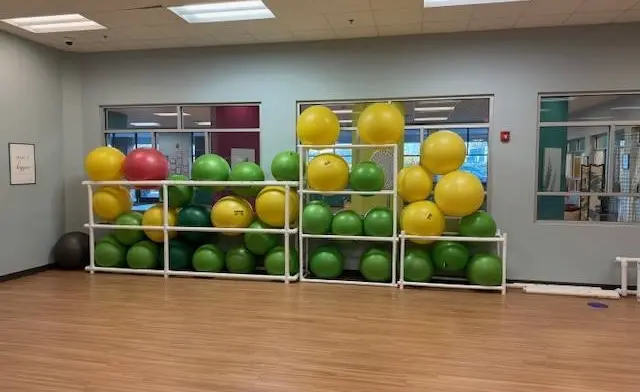
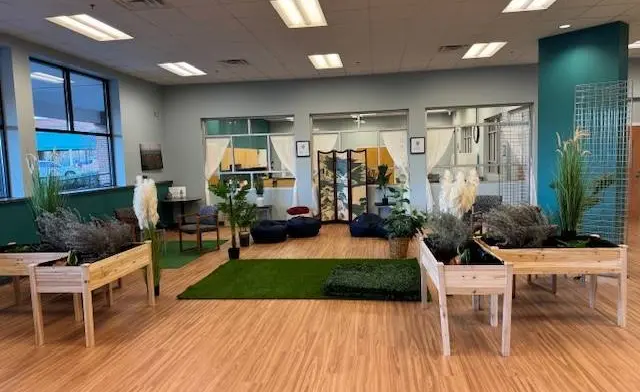
Location
Other Forms of Payment
Medicaid is a state based program that helps lower-income individuals and families pay for healthcare. Medicaid covers addiction treatment so those enrolled can use their coverage to pay for rehab. When a program accepts Medicaid the client often pays very little or nothing out of their own pocket.
Addiction Treatments
Levels of Care
Programs


Clinical Services
Cognitive behavioral therapy in Virginia is a short term form of talk therapy. Participants usually have homework between sessions, which may include journaling, self talk, and setting SMART goals. The aim is to transform negative thought patterns into positive ones.
For those experiencing mental health challenges, including substance use disorder, dialectical behavior therapy in Virginia offers an evidence based method of treatment. This therapy teaches skills for emotional regulation and interpersonal relations so you can break free from negative patterns.
When men and women in Virginia participate in group therapy sessions, they learn to freely express their emotions in a non judgmental setting. This helps you process your feelings and begin to understand the link between your thoughts, feelings, and behaviors that are associated with addictive behavior.
Men and women in Virginia use individual therapy to focus on addiction related challenges as a necessary part of their drug and alcohol addiction treatment. Your therapist guides you in developing coping strategies, setting realistic goals, and building a strong foundation for an improved quality of life.
Motivational interviewing in Virginia allows clients to examine their lives and consider their options. It is particularly useful if the client lacks confidence in their ability to change or is feeling uncertain about their desire to change.
Trauma therapy helps you understand and manage the emotional and physical responses that often follow witnessing or experiencing traumatic events. Using therapeutic interventions, your therapist works with you to reframe that experience, which in turn reduces your anxiety and helps you regain control over your life.
If you've experienced addiction, you may have lost the skills to self manage and adapt to change. Because these basic life skills are crucial for recovery, drug rehab programs typically include life skills training as an integral part of treatment.
Nutrition therapy teaches you what to eat and not eat, how to grocery shop, how to cook easy nutritious meals, and how to use food as medicine to address your health issues. These skills will help speed up your recovery process and reduce the risk of relapse.
Contact Information
155 Wadsworth Dr
Richmond, VA 23236
